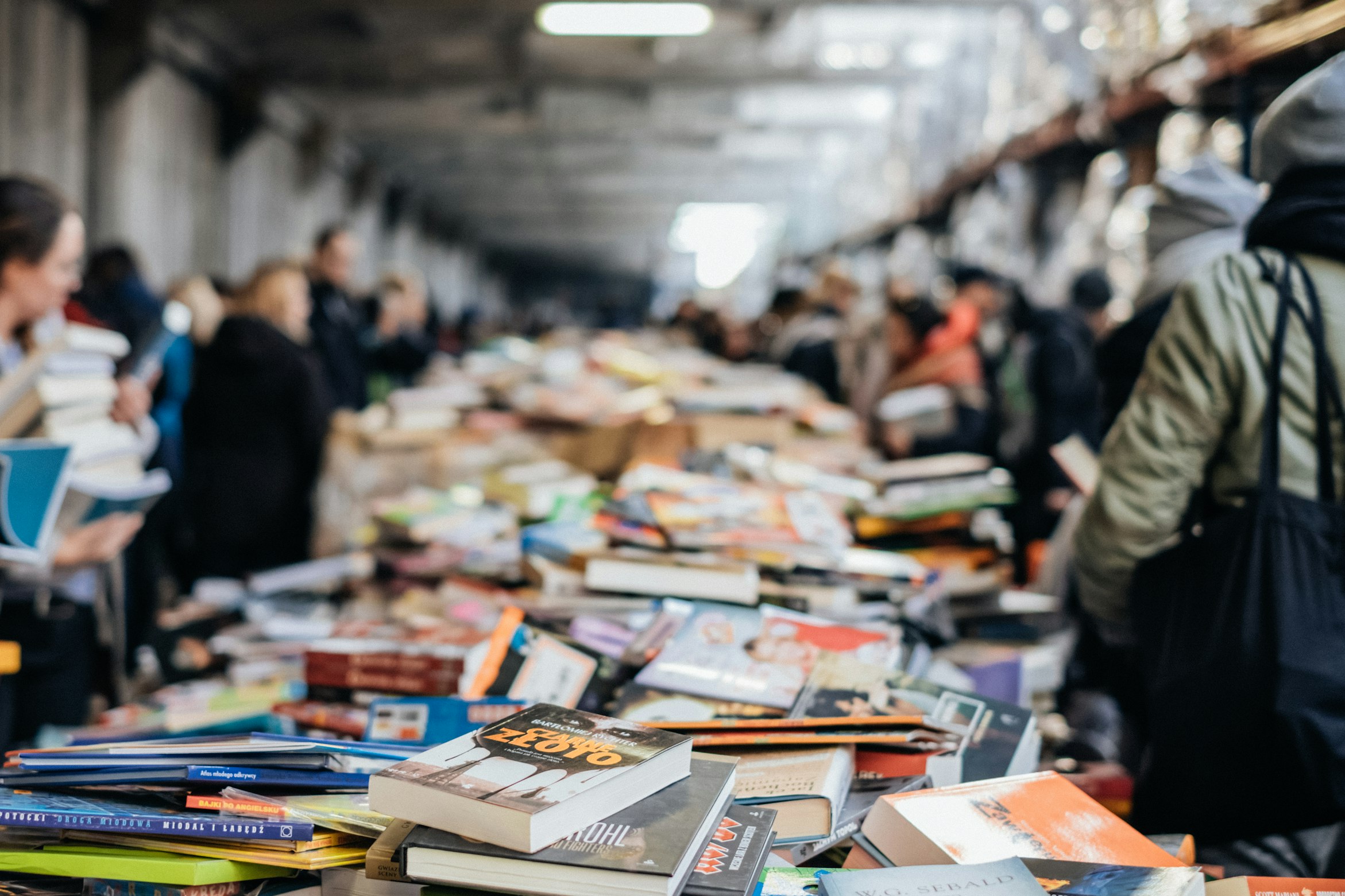
Google Reader, Information Over-Consumption, and Slow Reading
In the late 2000s, Google Reader was my jam. The feeds were just beginning to populate, and I remember enjoying my social feed from MySpace and early Facebook. What I didn’t realize was how much I would miss the RSS feed aggregator once it was killed.
But why was Google Reader killed? The Verge wrote an excellent article going over the inception and ultimate demise of the website. It reminds me of the website, KilledByGoogle which chronicles over 200 products Google killed since its inception.
I was one of those die-hard Google Reader users. Once I caught wind of it, I immediately exported my data. I tried alternatives like Feedly and The Old Reader, but it didn’t feel the same. There were serious limitations, like limited subscriptions, unless I paid for the premium versions. And that leads me to a much more serious problem that I was facing: over-consumption.
The Feeds Take Over
I think I’ve been faced with this information over-consumption more times than I can count. If Google Reader started my addiction to short-lived information, then social media certainly made things much worse. My mind was craving the constant attention of an infinite scroll — a feed that will never stop. With Google Reader, at least I could control the RSS feeds that were coming in. I remember one time, I wanted to be informed by the world news events so I subscribed to BBC, but it backfired quickly to give me a deluge of distractable information. Facebook and Twitter feeds were no better. They started innocently but quickly turned into what an algorithm wants me to read. And that loss of control quickly turned me off.
In more recent years, I thought I could substitute this with email newsletters. What I quickly learned was email is no substitute for a personal feed. I was overwhelmed with 50, then 100, then 1000 unread messages. There were newsletter articles I was extremely interested in reading combined with many others I had no interest in. On top of that, when I needed to reply to an email, I’d be distracted by something I needed to read.
I’ve heard Cal Newport call this the “Hyperactive Hive Mind” in his book A World Without Email. What I’ve come to interpret this as is a constant need to be distracted without an off switch. Every single social media with a feed has given me this same problem. I remember the top three subreddits I would mindlessly scroll, the YouTube feed with an endless “Watch Later” playlist, and the email feed with newsletters left unread. What it always ended with was going cold turkey. Uninstall Reddit. Place time limits on YouTube. Stop reviewing emails for weeks at a time. It wasn’t a permanent solution.
Confessions of an Information Hoarder
Another thing Google Reader started me off with is information hoarding. Like copying a whole article I want to read to make notes and a summary about it later, but never returning to it. My Evernote became cluttered with many unrealized things in life I wanted to experience, but can’t do because there’s limited time. I’m reminded of tsundoku, a Japanese word that means “to pile up”. I have a pile of books that are left unread for the moment I can pick one up and start reading. For the pile of articles, the stack is so high, it’s a chore to go through and just find the articles I want to read. More time is spent sorting through the ones I know I should read.
Prioritization has never been a strong suit. I tend to spread out my efforts across multiple projects rather than focus on one. With reading, I’m the same way. I constantly have 2 or 3 books I’m reading concurrently. With articles, forget them. I have found when I rely solely on a feed to make decisions for me, I waste the most time on it.
The Rise of the “Slow Feed”
I talked at length about these problems, and minor band-aids on how I’ve fixed it. At the root of it, the problem is my behavior interacting with the feed. Unless the feed is short and filtered down, I’ll spend more time in it than what I think is normal (but hey, what is normal anyway?). So I propose the “Slow Feed”.
While I can’t stop myself from browsing feeds, there is a limit on how much I can save for later. The “Slow Feed” has a hard limit of 15 or fewer items, taking a lesson from the quick line at the grocery store. If I can’t through this feed, I can’t add more items. It means I must be very picky and choosy with what I consume.
I’m not didactic about the other feed though. To make it to the “Slow Feed”, it must be an article or video I want to “save it later”, go into my Readwise Reader feed, then go into my shortlist, which serves as my “Slow Feed”. I get the best of both worlds. I limit the time spent in the mindless scrolling portion (the endless feeds) and make time to read the longer articles. It’s like curing myself of FOMO, without really curing it.
Got any ideas on how to improve this? Email me and let me know!
Errata
I read The Information Diet by Clay Johnson years ago and may be time to scan it over and see if I can find other ways to improve this.
The book that prompted me to read more consciously is Chris Bailey’s book, How to Calm Your Mind, which has a section about anxiety in the age of information overload. As part of my “Year of Intentions”, this is one of the things I’m working on.
Written by Jeremy Wong and published on .